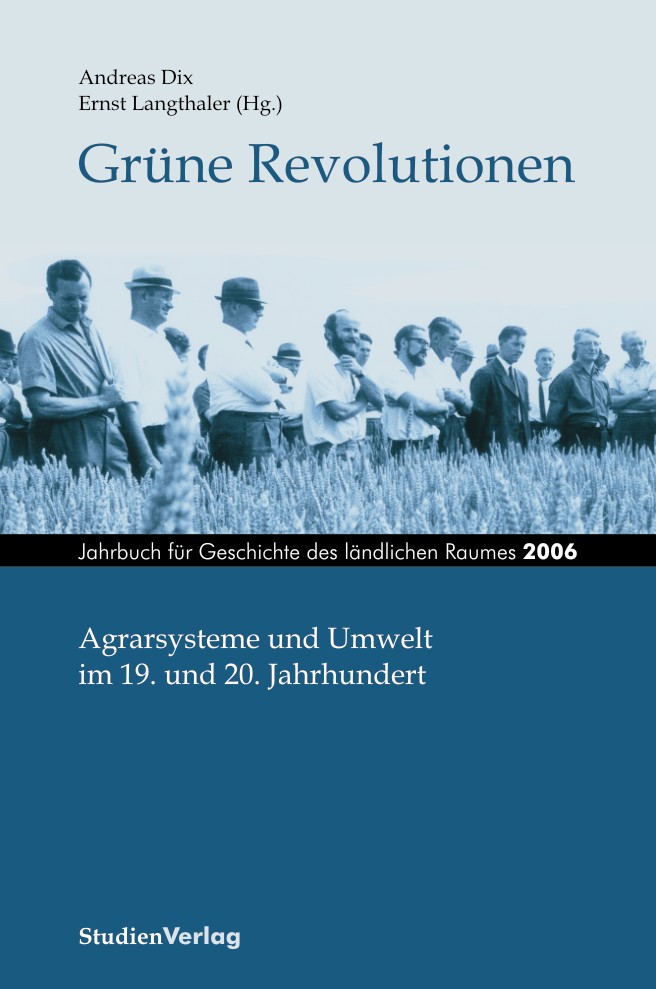Das Ende des Agrarmodernismus
Die Folgen der Politik landwirtschaftlicher Industrialisierung für die natürliche Umwelt im deutsch-deutschen Vergleich
DOI:
https://doi.org/10.25365/rhy-2006-8Abstract
In the Federal Republic and in the GDR, agricultural policies were profoundly influenced by the experience of hunger in the first few years after First and Second World Wars. Fuelled by almost unrestricted and one-sided illusions of modernisation (conceived as perennial progress), the aim to increase production and productivity took utmost priority. Supported by large groups of the two German societies, politicians furthered the intensification, mechanisation and concentration of agrarian production, which became increasingly specialised. Moreover, capital replaced the workforce in the countryside, though to a different degree. These processes reached their apogee with the separation of plant and livestock production in the GDR in the mid-1970s. Although the two German states followed a basically similar developmental path towards industrialised agriculture, it expanded on a wider scale and more rapidly in the GDR than in the Federal Republic of Germany. Moreover, responses to the impact of agricultural modernisation on the natural environment differed in the two German states. Whereas environmentalists, in particular, increasingly challenged the unrestrained belief in agrarian “high modernism” (James C. Scott) in the West German state, the East German rulers of the Socialist Unity Party suppressed an open, public debate on the pollution of water and air in particular. In unified Germany, the belief in agrarian modernisation had suffered a severe blow, as food scandals have heightened the awareness of the health dangers emanating from agrarian industrialisation. The concept of agrarian modernism has thus assumed a reflexive, critical dimension.


